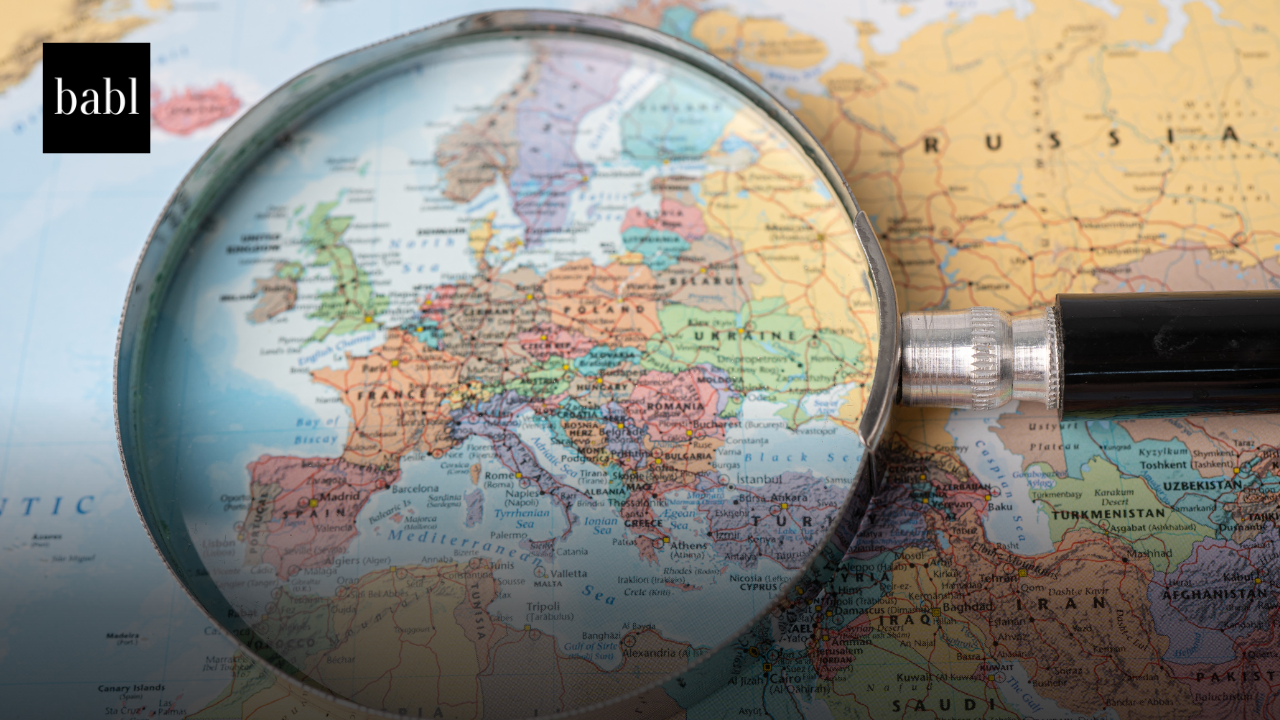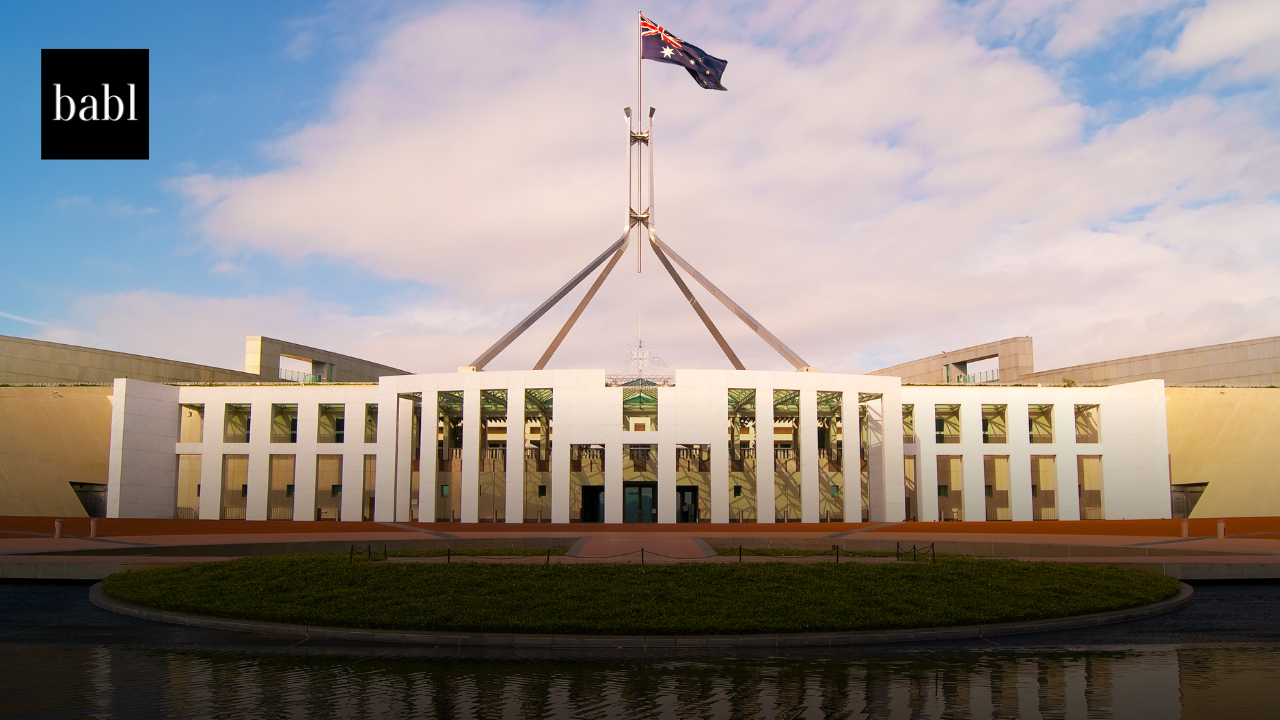UPDATE – JULY 2025: The joint foundation model proposal from France, Germany, and Italy—originally advocating for self-regulatory codes of conduct and application-based oversight—has shaped Europe’s broader AI strategy. The EU ultimately incorporated the joint foundation model proposal from France, Germany, and Italy into the EU AI Act, which it adopted in mid-2024. As of August 2, 2025, binding obligations for general-purpose AI (GPAI) systems, including transparency documentation (like model cards) and systemic risk controls, take effect across the EU. While national codes of conduct remain encouraged, the European AI Office and national authorities now oversee enforceable rules with penalties.
ORIGINAL NEWS STORY:
France, Germany, and Italy Reach Agreement on AI Regulation
There’s been a significant development for the regulation of AI in parts of Europe. France, Germany, and Italy have reached a pivotal agreement, as outlined in a joint paper seen by Reuters. The three-way agreement supports the idea of “mandatory self-regulation through codes of conduct” for foundation models of AI, designed to generate a wide array of outputs.
Importantly, the governments emphasize the regulation of the application of AI, not the technology itself, underlining that inherent risks reside in the application of AI systems rather than in the technology’s core. “The AI Act regulates the application of AI and not the technology as such,” states the joint paper.
Focus on AI Application, Not the Technology
It highlights the need to focus on the application of AI systems and addresses potential risks associated with it. In the proposed framework, developers of foundation models would be required to define model cards, offering crucial information about the machine learning model’s functioning, capabilities, and limitations. These model cards would be based on best practices within the developer community. The joint paper suggests the establishment of an AI governance body to develop guidelines and oversee the application of model cards.
Also, the agreement initially proposes no sanctions. However, if violations of the code of conduct are identified after a specified period, the paper suggests the introduction of a system of sanctions. Germany’s Economy Ministry, in collaboration with the Ministry of Digital Affairs, asserts that laws and state control should primarily regulate the application of AI, not the technology itself.
Volker Wissing, Digital Affairs Minister, expressed his satisfaction with the agreement. He believes it emphasizes the need to regulate AI applications to secure a prominent position in the international AI arena. “We need to regulate the applications and not the technology if we want to play in the top AI league worldwide,” said Wissing.
However, it’s currently unknown how this agreement could impact negotiations regarding the EU AI Act.
Need Help?
As global governments strive for foundation model regulation, feel free to contact BABL AI if you need assistance. Hence, their team of audit experts is ready to provide valuable guidance and support.





